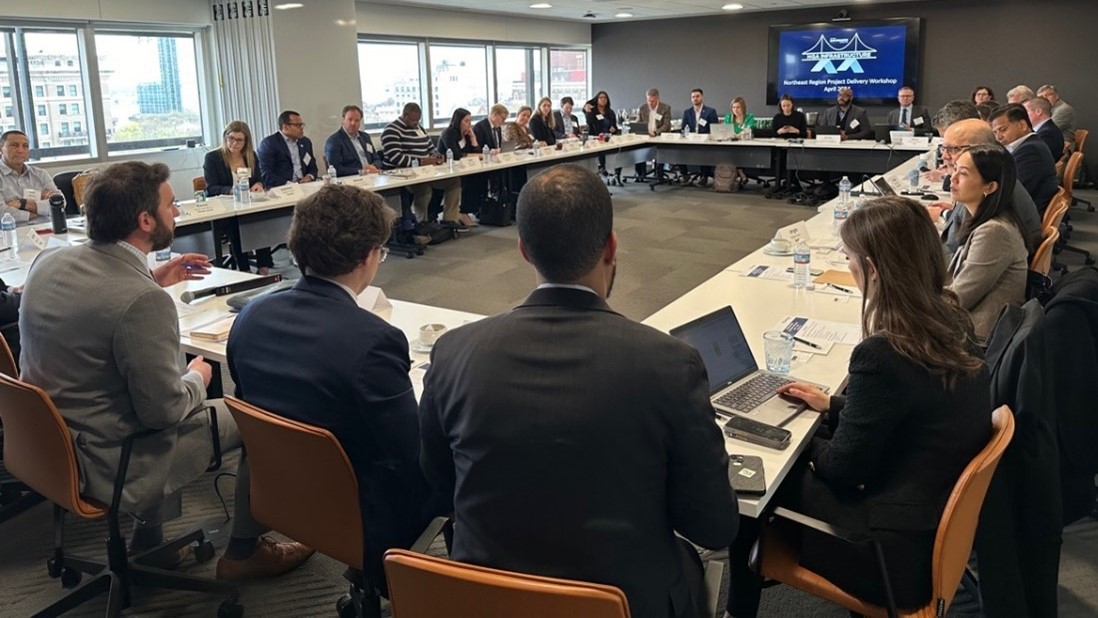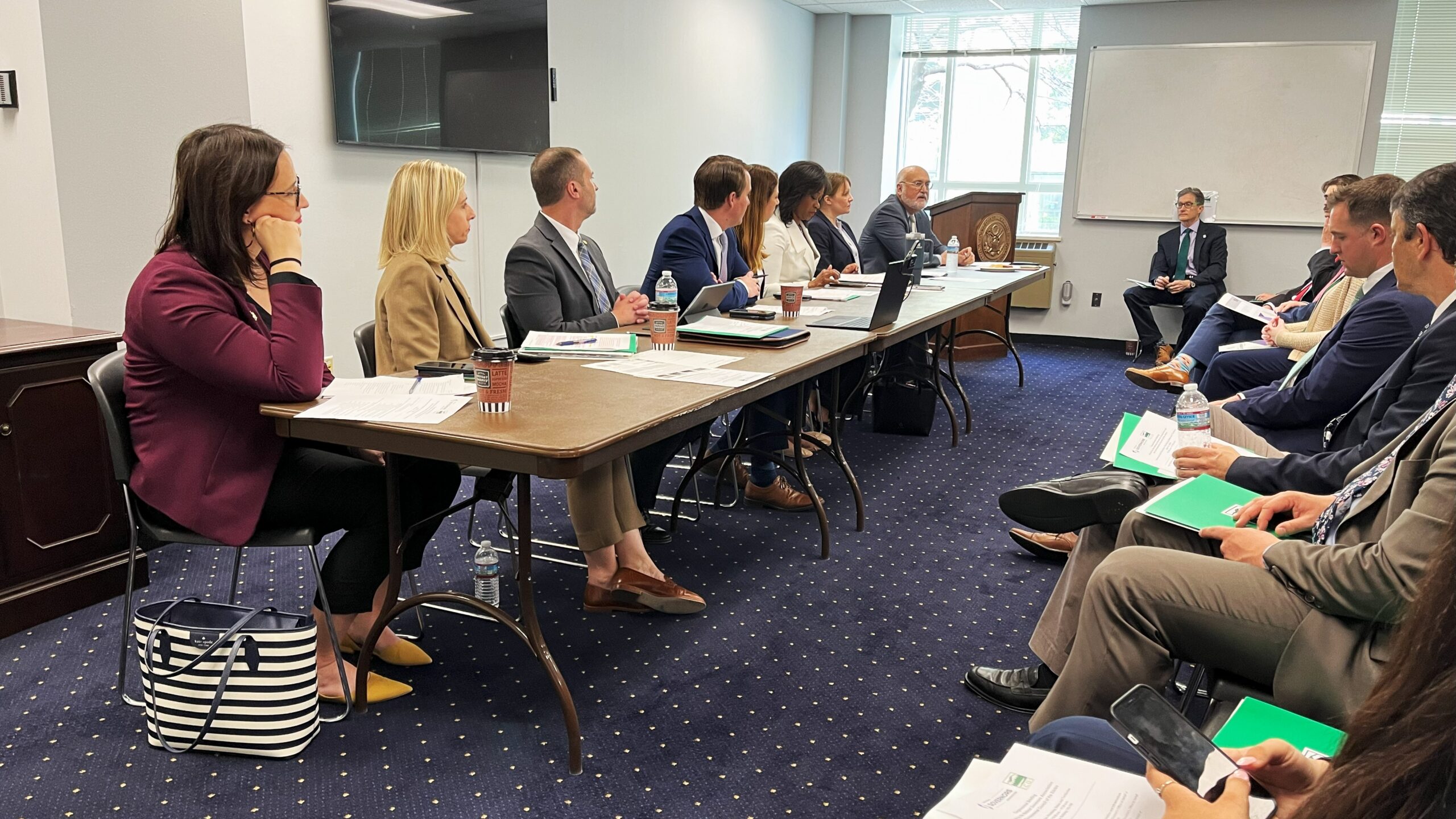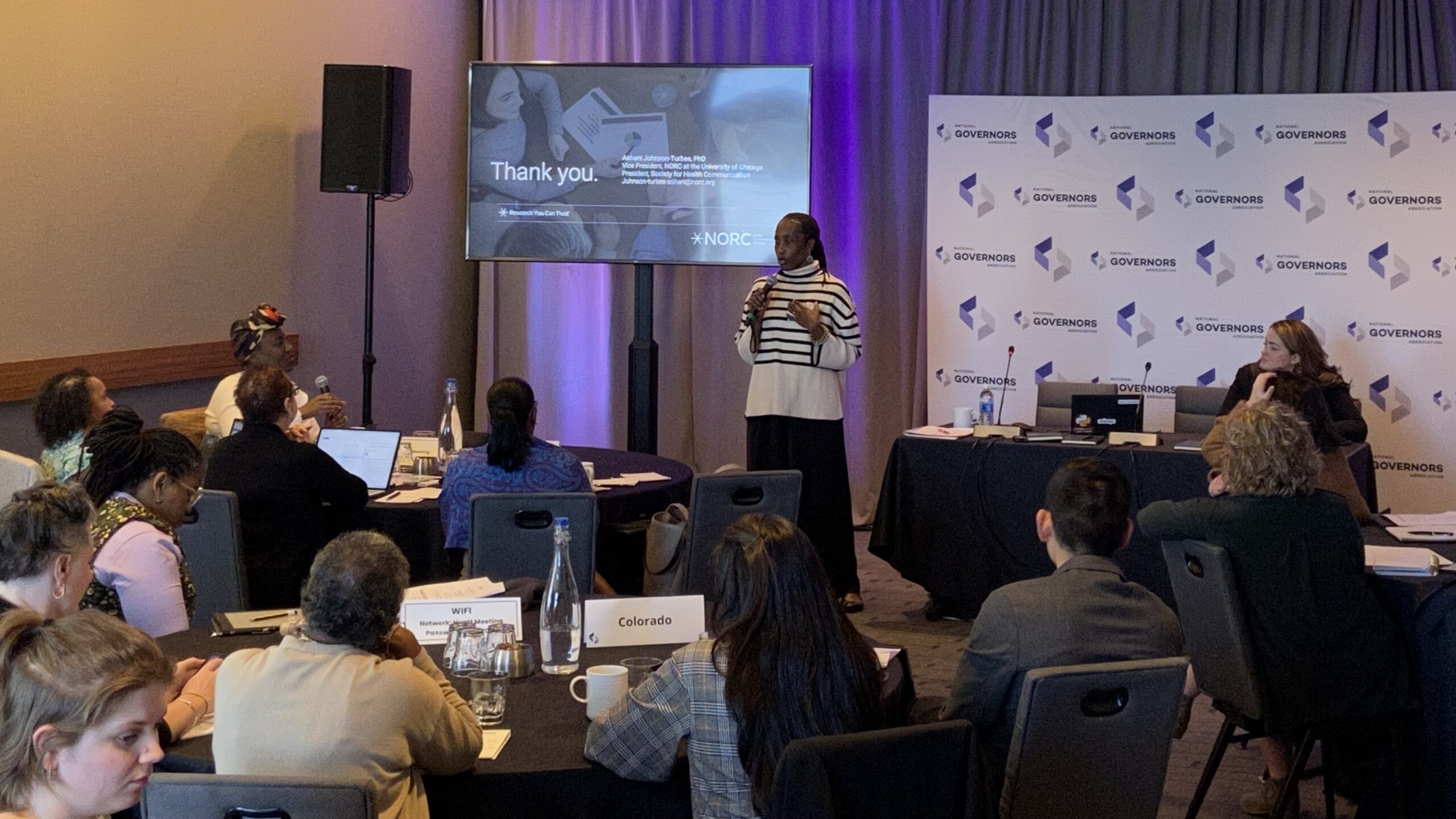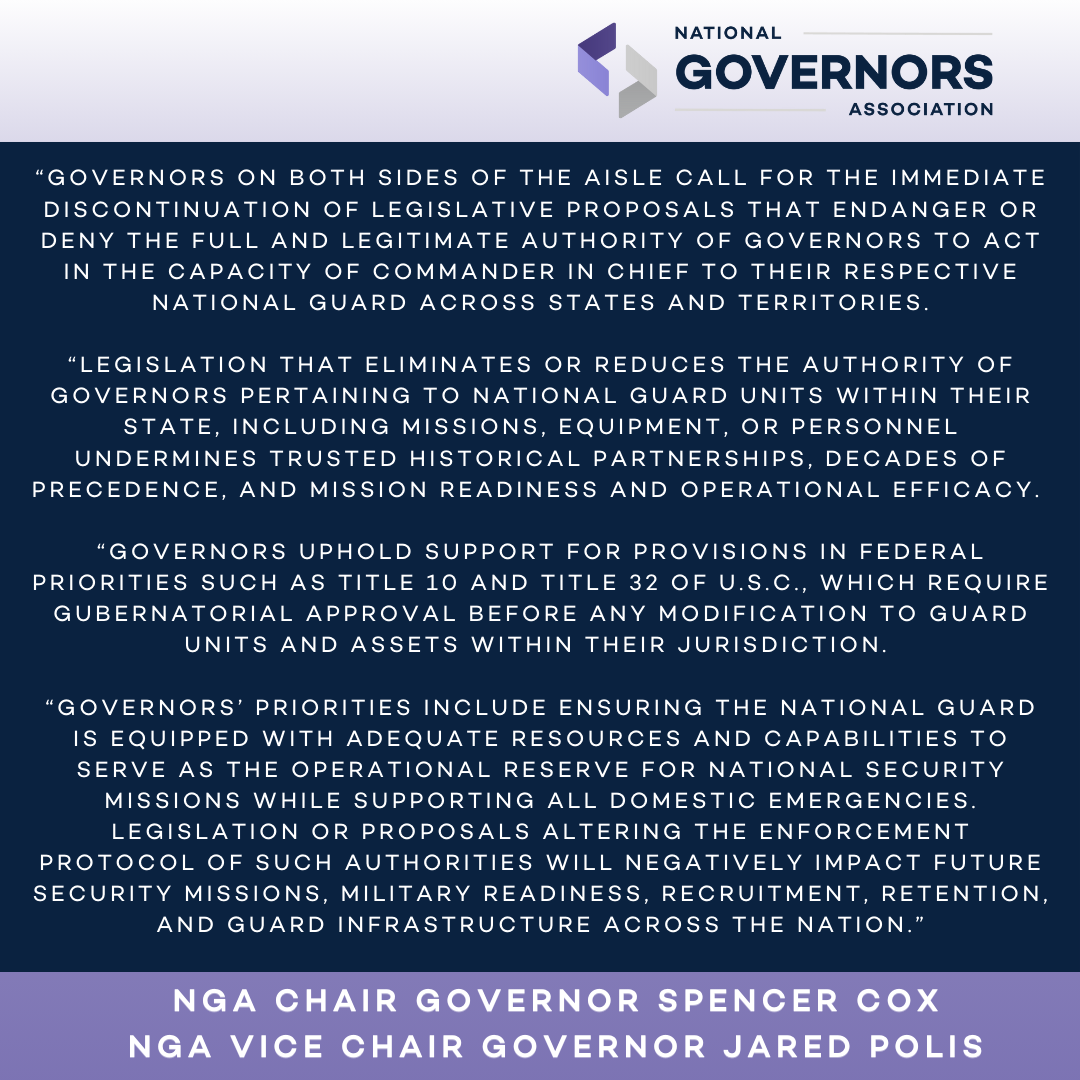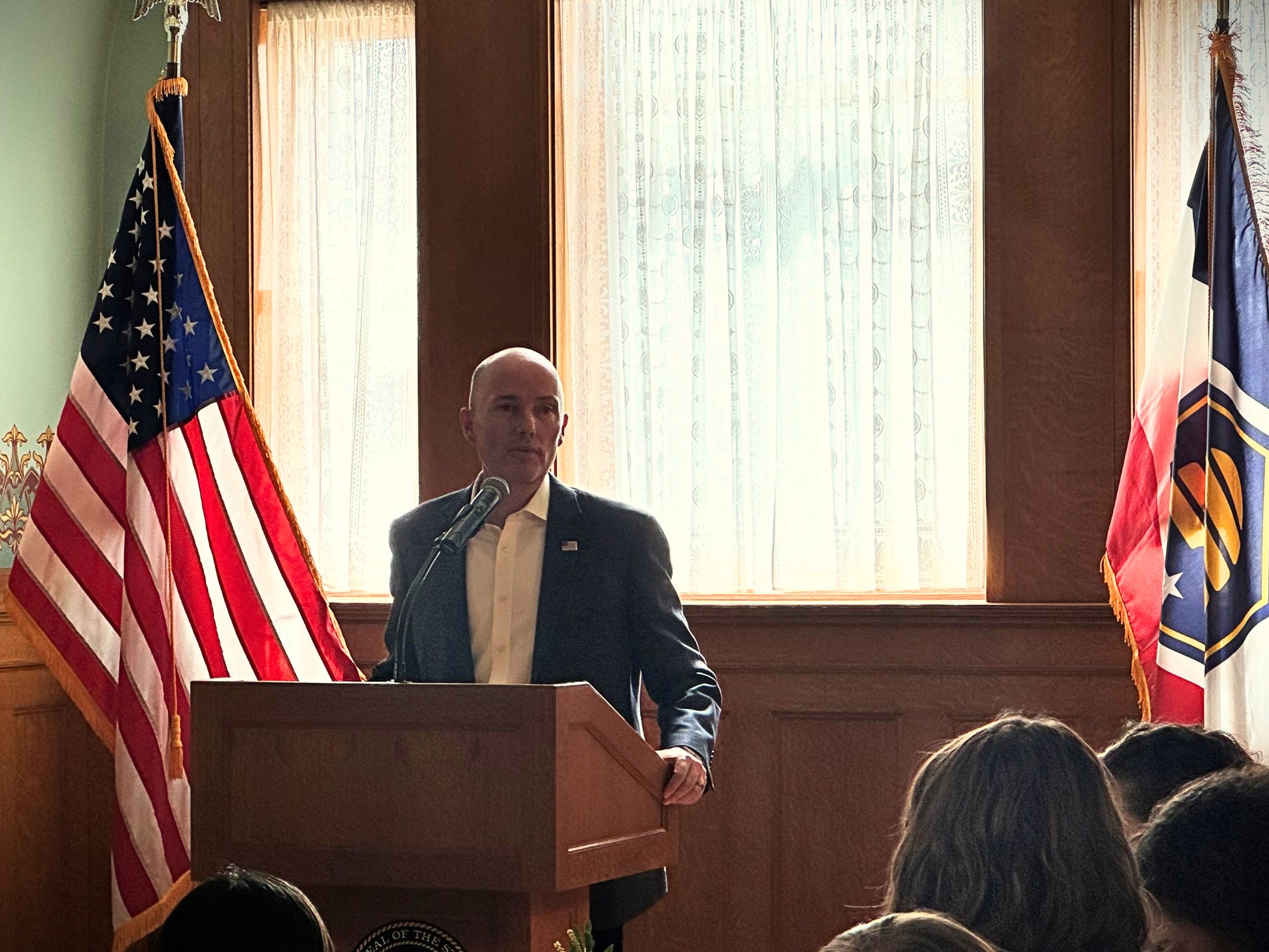NGA has hosted a series of learning calls with national experts, Governors’ office staff and senior officials, researchers, academics, and local organizations to better understand the current landscape and challenges from state leaders for addressing stimulant and polysubstance use at the state level.
The overdose epidemic has unfolded through various prescription and illicit drugs and in recent years many states have experienced a resurgence in use and harms related to stimulants, particularly illicit stimulants, such as cocaine and methamphetamine. Although opioids—mainly synthetic opioids (other than methadone) are currently the main driver of drug overdose deaths, drug overdose deaths involving psychostimulants, largely methamphetamine, are increasing with and without opioid involvement.
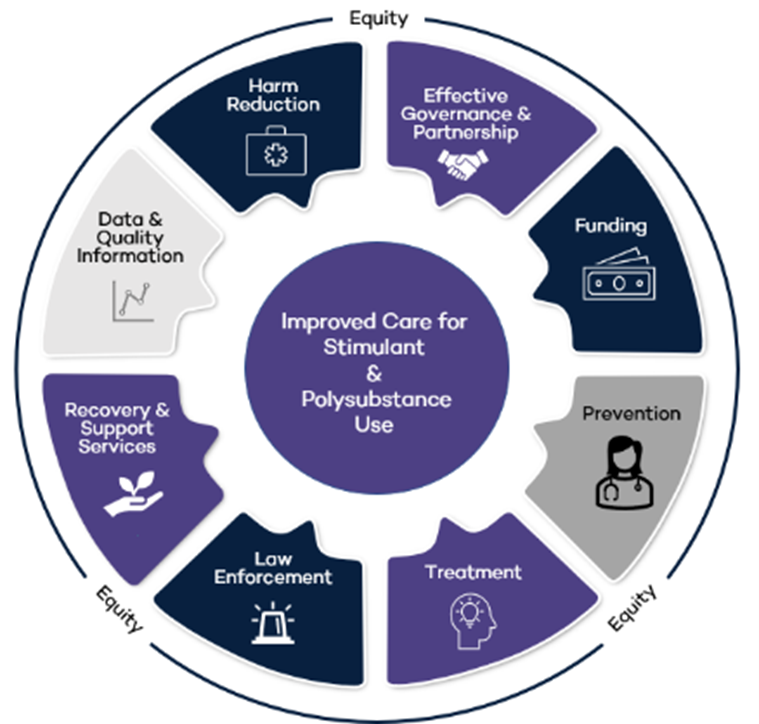
As a result, states, commonwealths, and territories (collectively referred to as states) have seen an increase in overdoses involving illicit stimulants, specifically methamphetamine and cocaine in recent years. In many other states, the use and presence of overdoses involving these substances has persisted for many years. Fatal and nonfatal overdoses from stimulants and polysubstance use are an increasing concern for states and continue to be intertwined with the ongoing opioid overdose crisis.
In response, the National Governors Association hosted a series of learning calls with national experts, Governors’ office staff and senior officials, researchers, academics, and local organizations to better understand the current landscape and challenges facing state leaders for addressing stimulant and polysubstance use at the state level. These conversations culminated in a roundtable in July 2021, where eight focus areas emerged that Governors and their senior state officials could consider in developing and implementing equitable approaches to reducing stimulant and polysubstance use: effective governance and partnership, funding, prevention, treatment, law enforcement, recovery and support services, data and quality information, and harm reduction.
To build on these efforts and continue to support Governors, NGA has launched a Policy Academy on implementing and strengthening strategies aimed at improving care for individuals affected by stimulant and polysubstance use; participants include American Samoa, Connecticut, Michigan and West Virginia. An NGA policy academy is a year-long opportunity for states to assess their current operating environment, share successes and best practices, learn from experts, exchange ideas with other states, and develop and execute an action plan to achieve program and policy change based on state identified goals. NGA will work with core teams that are made up of representatives from the Governors’ offices, alcohol and drug abuse directors, Medicaid directors, senior health and public health agency leadership, state opioid coordinators, state administering agencies, and other policymakers and stakeholders. Teams will move beyond vision statements and preliminary plans to developing and implementing action plans that result in significant policy changes or strategies in addressing the eight-NGA identified focus areas.
The aim of this NGA effort is to help move states away from single drug-driven approaches and reorient interagency approaches toward comprehensive strategies and plans in their efforts to address overdose issues. This Policy Academy will focus on ensuring state responses to stimulant and polysubstance use challenges fit together into a singular, comprehensive state-wide approach to reduce overdoses.
This work is funded by generous support and partnership from the Centers for Disease Control and Prevention.
Policy Academy Kickoff Meeting
In Brief
Day 1 Keynote Address
Nora D. Volkow, M.D. – Director of the National Institute on Drug Abuse at the National Institutes of Health
Day 2 Keynote Address
Regina LaBelle – Acting Director, White House Office of National Drug Control Policy





